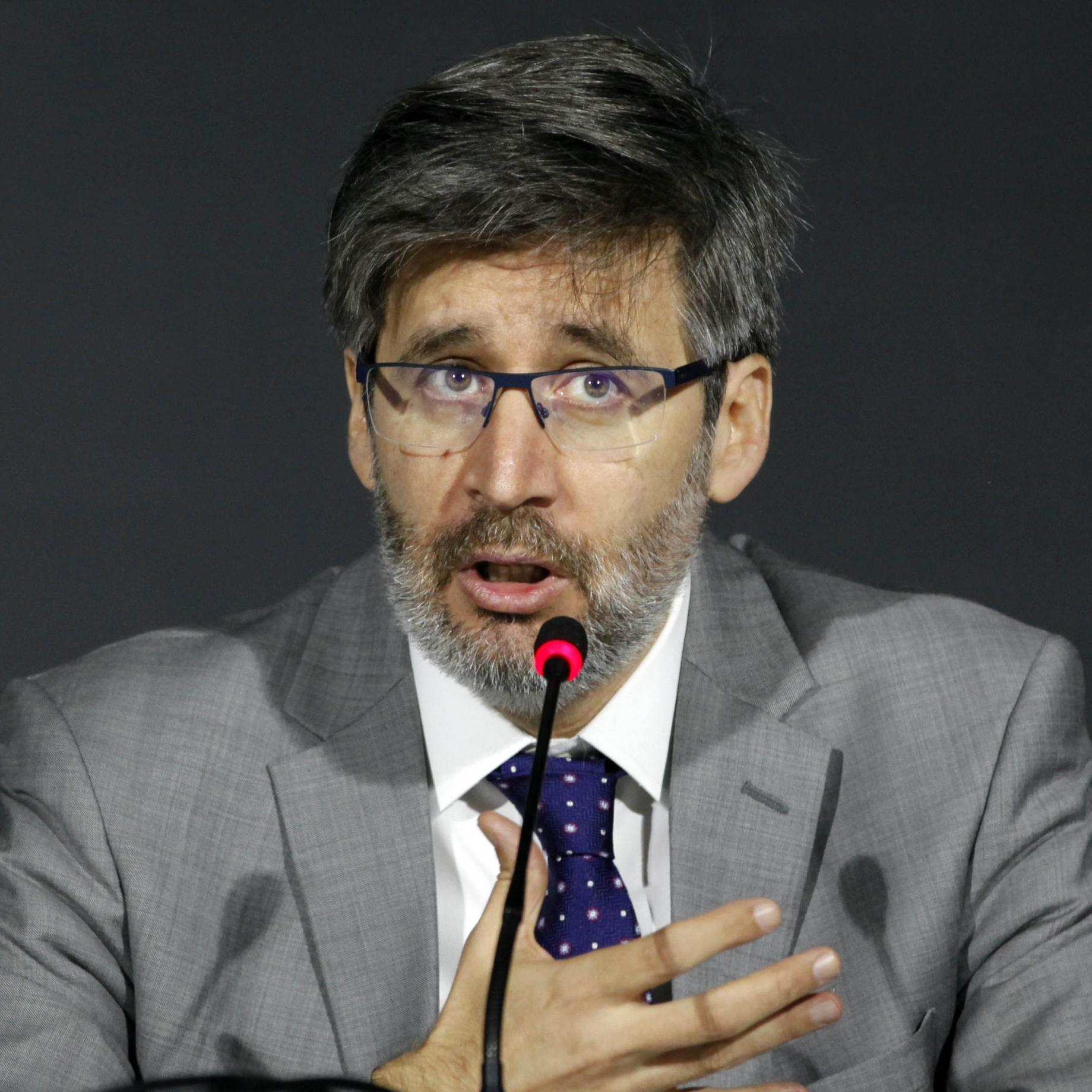
Pablo Saavedra
Pablo Saavedra Alessandri, Chilean lawyer, is the Secretary for the Inter-American Court of Human Rights since 2004. From August 2001 to December 2003, he was the Adjunct Secretary for said tribunal. He studied law at the Universidad Diego Portales in Chile and received his Master’s in International Law and Human Rights at the University of Notre Dame in the United States. Following his Master’s, Saavedra worked as a lawyer for the Chilean National Corporation of Reparation and Reconciliation where he investigated human rights violations that occurred between 1973 and 1989. After his stint at the Chilean National Corporation of Reparation and Reconciliation, Saavedra served as a lawyer for the Inter-American Commission of Human Rights in Washington, D.C.; he had previously received the Rómulo Gallegos scholarship from the Commission. Saavedra has been invited to various universities and institutions in America and Europe as a professor and a speaker. He has diverse publications on the subject of human rights and he is a member of the Editorial Board of the Netherlands Quarterly of Human Rights.
CoursE
DERECHO INTERNACIONAL DE LOS DERECHOS HUMANOS (INTERNATIONAL HUMAN RIGHTS LAW) (LAW-626-E002) (Spring) (Spanish only) The purpose of this class is to provide an overview of current international human rights law and the mechanisms for its implementation and enforcement in six segments. The first segment of the course will focus on the general principles of international human rights law. In segments two and three, we will study the functioning of the universal human rights system (United Nations) and the three existing regional human rights systems (Inter-American, European and African). Next, we will concentrate on the normative foundation of international human rights law through the study of a selected group of rights, including the rights to life, not to be tortured or subjected to other cruel, inhuman or degrading treatment, and economic, social and cultural rights. We will also explore issues of limitations and derogations of rights as well as the rights affected in the context of the counterterrorist policies implemented by the US and other countries. In the segment regarding international criminal law we will discuss the jurisdiction of international criminal tribunals, the role of national institutions in dealing with past human rights violations, and the principle of universal jurisdiction. Finally, segment six will examine other current topics in international human rights law such as the role of non-state actors.
